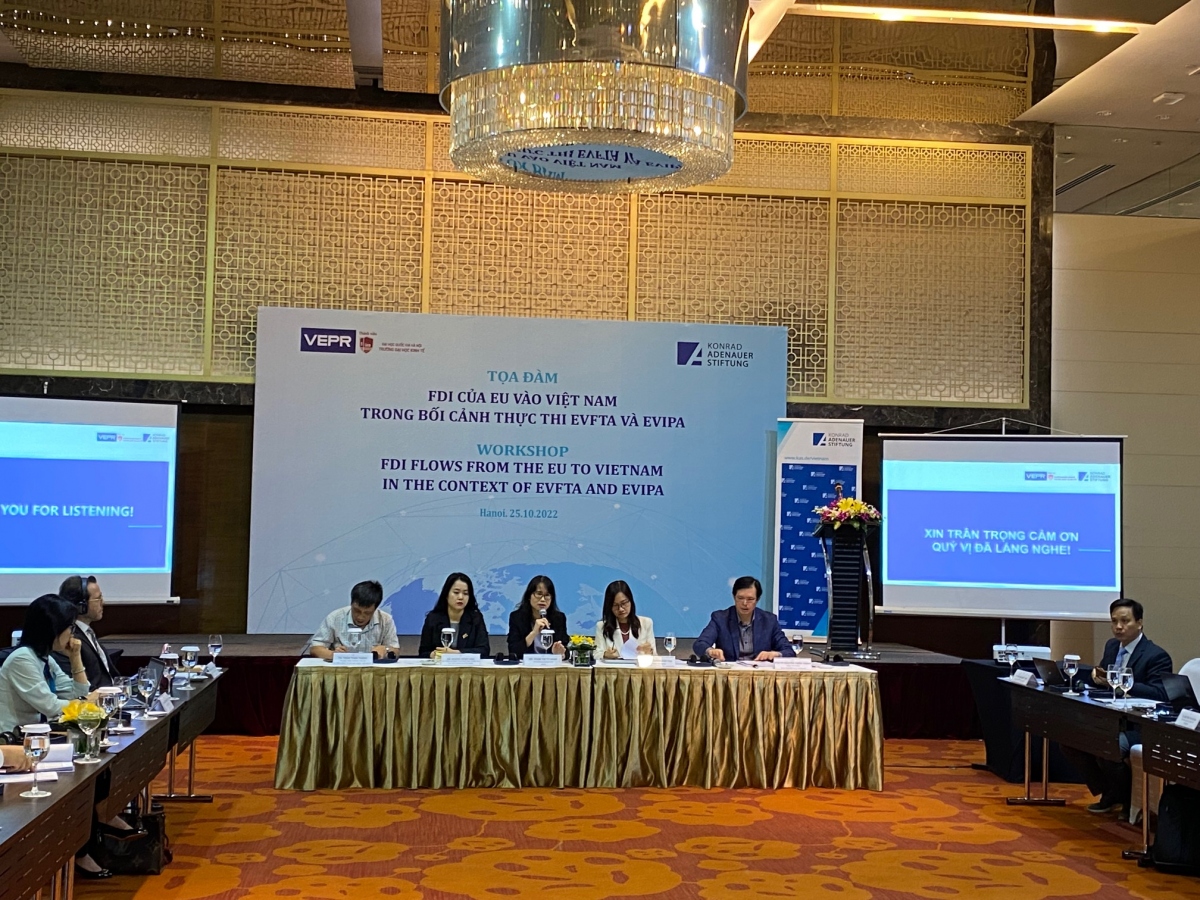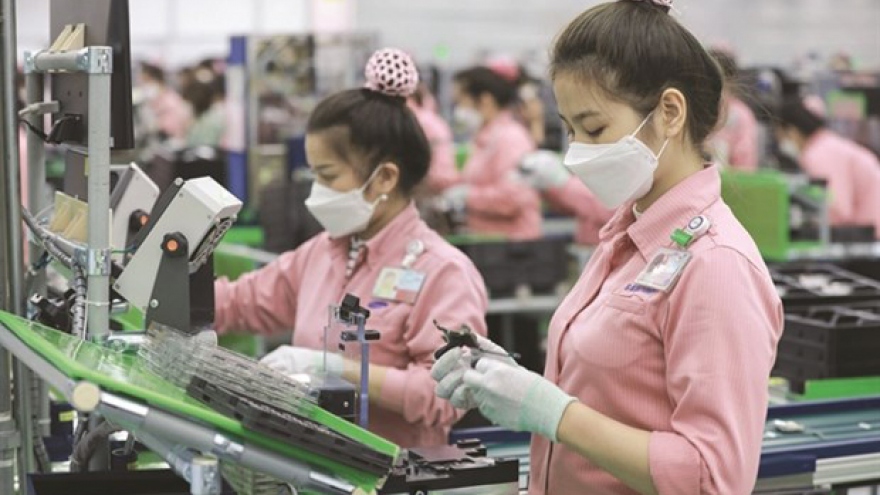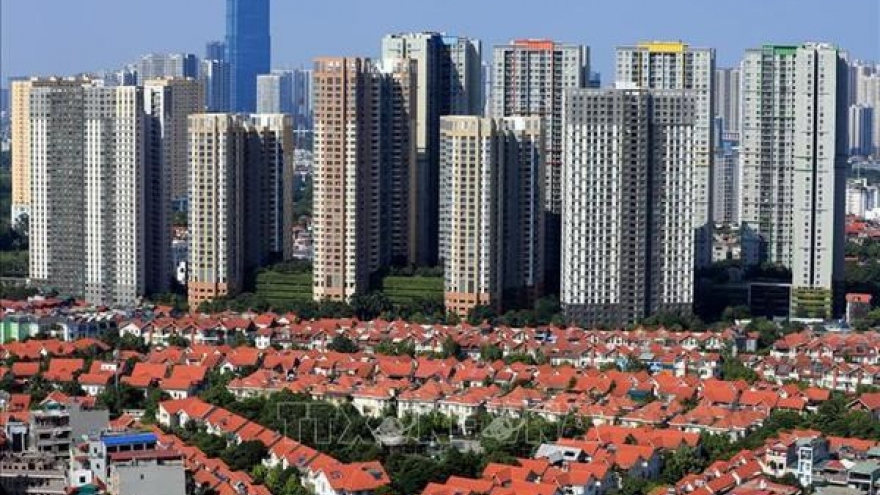Vietnam needs to enhance institutional reform to attract high-quality FDI from EU
VOV.VN - Vietnam must further disseminate information on the EU-Vietnam Free Trade Agreement and EU-Vietnam Investment Protection Agreement (EVIPA) to boost reform, improve its business climate, and attract foreign direct investment (FDI) inflows from the EU, according to insiders.

These recommendations were put forward by think-tanks at a workshop in Hanoi on October 25 to discuss the EU’s FDI inflows into Vietnam following the enforcement of the EVFTA in August 2020 and the impending implementation of the EVIPA.
In a joint report presented at the workshop, the Vietnam Institute for Economic and Policy Research (VERP) and Konrad-Adenauer-Stiftung Institute in Vietnam (KAS) shared the view that the number of projects registered for investment by EU enterprises has been increasing since 2010, mostly in the manufacturing and processing industries.
However, FDI inflows from the bloc into Vietnam remain modest compared to other ASEAN countries, analysts pointed out. They cited statistics from Eurostat and the General Statistics Office of Vietnam, saying Vietnam attracts between 2-5% of the investment capital that the EU allocates in the world.
The Netherlands is the largest European investment partner for Vietnam, making up almost half of the total, followed by France, Luxembourg, Germany, Denmark, and Belgium. The scale of EU-invested projects in Vietnam is still hugely disparate, with few large-scale and high-value projects.
Nevertheless, experts affirmed that the EU-invested projects have significantly helped spur growth, accelerate economic restructuring, improve competitiveness, and increase budget revenue for provinces and cities across the country.
In addition, the EU’s FDI has become one of the main driving force for improving the overall quality of the investment environment in Vietnam.
Assoc. Prof. Dr. Nguyen Chien Thang, director of the Institute of European Studies under the Vietnam Academy of Social Sciences, said Vietnam is a bright spot for FDI attraction, despite facing global uncertainties such as COVID-19 pandemic and the Ukraine-Russia conflict.
These positive signs can largely be attributed to improved infrastructure, drastic actions by localities in improving the investment climate, and an abundant workforce.
Sharing this perspective, Nguyen Hong Van, external relations manager under the European Chamber of Commerce in Vietnam (Eurocham), noted European business stakeholders remain optimistic about the prospects for their own businesses in the fourth quarter in Vietnam.
Van, however, stated that high freight costs are a hindrance for FDI attraction from the EU in the time ahead. At the workshop, experts suggested Vietnam continue to fine-tune its legal system, simplify administrative procedures, and invest in training high-skilled workforce in a bid to attract high-quality FDI inflows from the EU.


